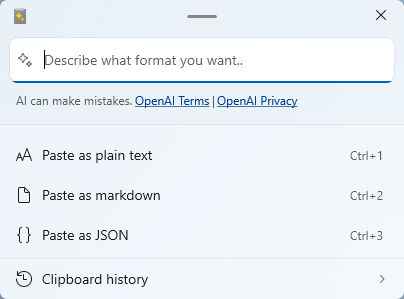Affordable Connectivity Initiative as a Key Element of Harris’ Opportunity Framework

Vice President Kamala Harris Champions Affordable Connectivity for All
In a bold move aimed at revitalizing economic equity, Vice President Kamala Harris has reiterated her commitment to creating an Opportunity Economy for every American. The core of this initiative hinges on renewing the Federal Communications Commission’s (FCC) Affordable Connectivity Program (ACP), which has been instrumental in providing low-cost internet access to millions of households across the country.
Earlier this year, Congress faced significant challenges in securing funding for the ACP, leading to a rise in monthly broadband costs for approximately 23 million participating households. This situation has placed an increased burden on those who rely heavily on affordable internet access for their daily needs. In response to this pressing issue, Harris has articulated a comprehensive plan aimed at reversing these detrimental effects, particularly focusing on Black and Latino communities.
In a recent statement from her campaign, Harris highlighted the importance of reliable internet access as a gateway to financial stability and economic success, particularly for Black men and their families. “We need to ensure that Black men can build wealth and achieve economic success,” she asserted, emphasizing the crucial role of the ACP in this mission. Remarkably, the program previously connected about 5.5 million Black households with affordable, high-speed internet, significantly bridging the digital divide that has long hindered economic progress in these communities.
The Importance of the Affordable Connectivity Program
The Affordable Connectivity Program was designed not merely as a temporary solution but as a vital resource for families struggling to afford broadband services. With education increasingly moving online, and many jobs requiring a stable internet connection, the absence of affordable internet access can exacerbate existing inequalities. Harris’ plan to reenact the ACP aims to restore these connections and alleviate some of the financial pressures faced by families as they seek to thrive in the digital age.
Additionally, in a separate release, Harris highlighted her commitment to the Latino community, declaring, “We will ensure that Latino men and their families throughout the country will have the opportunity to connect to the internet and access the financial, educational, and employment opportunities that arise from reliable internet.” This pledge further emphasizes her understanding of how integral connectivity is to fostering economic empowerment.
A Broader Vision for Economic Equality
Harris’s focus on the ACP reflects a broader vision for economic equality that recognizes technology as a cornerstone of modern success. Internet access is not just a luxury but a fundamental need in contemporary society. The ability to access information, education, and employment opportunities online has become paramount in achieving economic independence and stability.
The Vice President’s push to renew the ACP is an essential step toward ensuring that underserved communities are not left behind in an increasingly digital world. There’s no denying that access to reliable internet opens doors to countless opportunities, from remote work possibilities to online educational resources that empower individuals to enhance their skills and improve their qualifications.
Political Context and Future Implications
As the 2024 presidential election approaches, Harris’s stance on these issues might resonate deeply with voters who are increasingly aware of the vital role economic policies play in their lives. The struggle to secure affordable internet service is a concern that transcends race and economic status, making it a critical talking point for her campaign.
Moreover, the political landscape surrounding such initiatives is complex, with previous congressional efforts to extend funding for the ACP resulting in deadlock. However, by aligning the renewal of this program with her vision for an Opportunity Economy, Harris is strategically placing this issue at the forefront of policy discussions.
Conclusion
As Vice President Harris continues to advocate for the renewal of the Affordable Connectivity Program, she illuminates the path to an inclusive economy where everyone has the chance to succeed. This initiative, aimed at not just bridging the digital divide but curbing the very real struggles of American families, serves as a crucial pillar in her overarching agenda. The dedication to reopening access to affordable internet for millions could reshape the economic landscape, offering hope and opportunity to those who need it the most.





